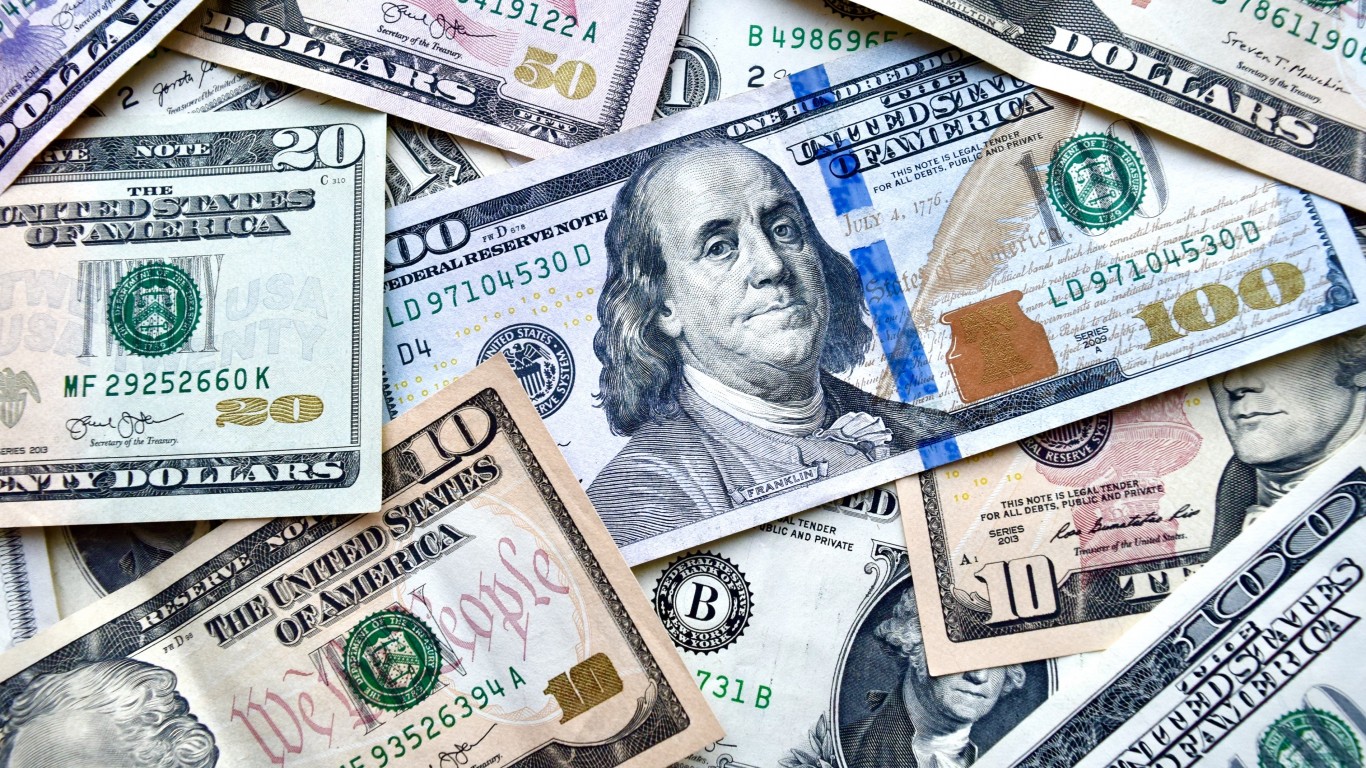Banking, finance, and taxes
If Your Savings Account Isn't Paying 3.2% You Are Lighting your Money on Fire

Published:

It’s natural to compare the earning potential of your savings account to other options, and to the past results of your peers. It is a source of serious anxiety for many. The main concern for most people who have their money in savings is not if it’s safe, but if it is actually making any kind of return.
Given the nature of banking fees, inflation, and other aspects of savings accounts designed to attract your attention or keep your business while giving you the bare minimum of return to keep you from leaving, it’s hard to know where your money stands. Is your account making money? Is it a scam? Are you actually lighting your money on fire?

When trying to decide if your savings account is actually helping you meet your financial goals or actually making it harder, there are a few things to consider.
First, what are your financial goals for your savings account? Are you setting aside a portion of each paycheck to be locked away until retirement? Is it an emergency fund? Is it simply an old account you haven’t gotten around to closing yet? Do you use it as a backup fund account for your investment accounts? Depending on what you use it for, and how much is in your account, your comparisons will change.
The only thing savings accounts are actually good at is keeping your money relatively safe. Other than that, for every purpose there is going to be a better option available. You aren’t going to get rich by depositing your money into savings accounts. At best, you won’t lose money. If you want your money to actually work, you need to compare your goal with tools that are specialized in that goal. Investment accounts, physical commodities, and other options are going to be better in almost every way.
Above all, if you just want to have a savings fund in case of an emergency, you want to at least make sure you’re not losing money. In that case, the only comparison you should make is the interest rate on the savings account against the rate of inflation.
Inflation changes on a regular basis. It is never static and is largely unpredictable. The U.S. Department of Labor publishes the rate of inflation for every month during the year and concludes each year with an average rate for that year period.
As of October 2023, the rate of inflation was 3.2%. This is significantly lower than the rest of the year and 2022 and 2021. However, it is much higher than most years since 2000. In 2022, the average rate of inflation was 8%, but in 2015 it was only .1%.
What does this mean? It means that, without considering any other factors, if you had $10,000 in a savings account in January 2022, by December that same money would only have the spending power of $9,200. That’s an $800 loss of value. If you don’t actively try to maintain the value of your money, it could be worthless after a single generation.

The short answer is yes. The rate of inflation is the bare minimum you have to match or beat in order to not lose money every year. Because you can’t predict the rate of inflation, and because it can fluctuate wildly, you need to beat it by a lot.
For example, a savings account paying 5% interest in 2021 would have just about broken even, but the same account would have realized a loss of 3% just a year later.
That being said, most people don’t actually know how much their savings account pays. Most accounts actually pay less than half a percent in interest. It is something easy to set up and forget about later. If you don’t know what your savings account earns, don’t feel bad, you’re not alone. But the truth is, any amount of money in any savings account earning less than inflation is losing value no matter what.
The best savings accounts only earn about 5%. So, even if you have the best savings account, you’d still be losing money during periods of high inflation. In the end, savings accounts serve a very specific purpose, but with the introduction of new options, new companies, and new kinds of accounts, savings are quickly becoming less popular.

If the idea of switching savings accounts or transferring between banks to get the best savings interest rate sounds like a chore, you’re not alone. Savings accounts are designed to be set up and forgotten. Luckily, there are many alternatives for you to choose from. Take some time to determine what rate you want to achieve, then begin your research.
First, if you have a savings account and want to keep maintaining a savings fund of some form, you should begin by comparing your options. A simple online search will show you all the options you can pick from. Figure out which ones you qualify for, pick the few that you like, and then compare them to your current account.
Most banks make it relatively easy to transfer money to a new account and close an old one. If you have any concerns, it’s always best to call your bank or visit your local branch (if there is one). Make sure you close your account properly or you might face steep charges or fees. Banks don’t want you to take your money from their accounts, naturally, so be careful.
On the other hand, if you don’t absolutely need a savings account, the best option is to not have one in the first place. There are many different options for keeping your money safe while earning a healthy return yet having it readily available when you need it.
Certificates of deposit are a fantastic option if you have money in savings that you don’t plan on using for a long time. These are medium-term alternatives to savings accounts. You will earn more than a savings account and your money is still protected.
Back in the day, investing in stocks and bonds used to be an expensive and complicated process. Today, you can get started with investing in stocks with a few taps on your phone. Even though most will charge some kind of monthly fee, you will be earning much more than any savings account. Some of the newer, digital-only investment tools can automatically invest your money for you, while others offer tools to help pick the specific stocks that best suit your needs.
The great thing about treasury bonds and bills is that they are guaranteed returns no matter what. These are safe, if low-yield options. These will have a higher return than savings, but a potentially lower return than investments, but with no risk of losing your money if the market takes a dive.
There are other options, including high-yield checking accounts, real and physical assets, and other hybrid accounts. Whatever you choose, you’re probably going to be making more money than if you leave your money in a savings account. If you do have a savings account, find out what your interest rate is, then keep your eye on the inflation rate. The Labor Department’s Bureau of Labor Statistics publishes the inflation rate every month. Currently, the magic number is 3.2%, but it will change. If you start to feel uncomfortable with the returns you’re getting, or you feel like you’re just setting your money on fire, then it might be time for a change.
Start by taking a quick retirement quiz from SmartAsset that will match you with up to 3 financial advisors that serve your area and beyond in 5 minutes, or less.
Each advisor has been vetted by SmartAsset and is held to a fiduciary standard to act in your best interests.
Here’s how it works:
1. Answer SmartAsset advisor match quiz
2. Review your pre-screened matches at your leisure. Check out the advisors’ profiles.
3. Speak with advisors at no cost to you. Have an introductory call on the phone or introduction in person and choose whom to work with in the future
Thank you for reading! Have some feedback for us?
Contact the 24/7 Wall St. editorial team.